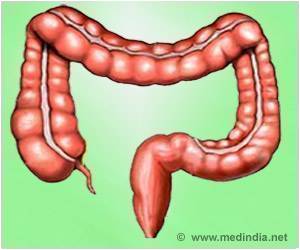
Overall, 92.3 percent of survey respondents indicated that production pressures, such as heightened demand for the procedure, rising overhead or shrinking reimbursement rates, resulted in physicians postponing, aborting or reducing the extent of a colonoscopy procedure. For example, 7.2 percent of participants said production pressures made them reduce the time examining the colon wall, 5.3 percent of participants said these pressures made them abort a difficult colonoscopy, and 69 percent said they performed a colonoscopy on a patient with an unfavorable risk/benefit ratio.
Mount Sinai researchers sent a 40-question survey to the 5,739 members of the ASGE working in the United States and received 1,073 completed responses. The survey focused on three key areas: the respondent's demographic and practice characteristics, the operational characteristics of their facilities and their observations of colleagues.
Additional results of the survey include:
- 13 percent of respondents indicated that they have insufficient time for a pre-procedure assessment, 7.7 percent believed they routinely had inadequate time to complete an examination and 5.5 percent believed that patients were discharged from the unit prematurely;
- 47.8 percent of respondents had witnessed a colleague alter their usual practice patterns, within the past three years, as a result of production pressure; Advertisement
- 42 percent identified one or more sources of inefficiency in their practice, such as an inadequate number of procedure rooms, insufficient staff, or too few beds in the recovery unit;
- 77.8 percent believed that their weekly workload was excessive; 97 percent believe the medical care that they provide is equivalent to or better than it was three years ago, but 78.5 percent experienced more work-related stress, compared with three years earlier; and 81 percent indicated they are working harder now to preserve their practice income. Advertisement
Source-Eurekalert













